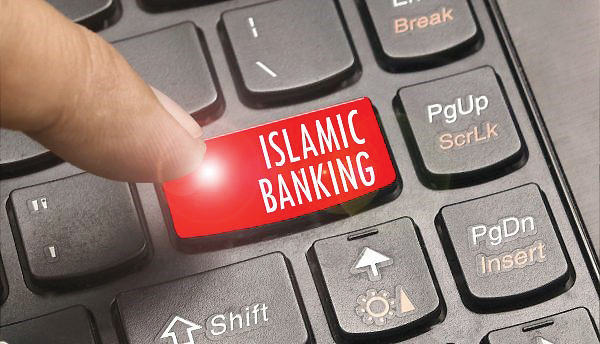

In the space of a mere seven years, the Sultanate’s Islamic banking sector has witnessed rapid growth to become the world’s 15th largest to date, according to a top official of the Central Bank of Oman (CBO).

Dr Qais Issa Mohammed al Yahyaei (pictured), Executive Vice-President, said Islamic banking accounts 13.4 per cent of the combined banking industry (conventional and sharia-compliant banking) as of June this year. In value terms, this equates to RO 4.6 billion (approximately $12 billion) in assets, he noted.
Delivering the keynote address at an Islamic Finance Conference organised by the Oman-French Friendship Association (OFA) at Fraser Suites here on Wednesday, Dr Al Yahyaei said the Islamic banking industry now comprises two full-fledged Islamic banks and six Islamic banking windows, which offer a full suite of saving, financing and investment products and services to government, businesses and consumers.
“Similarly, the profitability of Islamic banking sector in Oman has considerably improved during 2018, with a total profit of over RO 34 million, which shows an impressive growth of over 76 per cent from the previous year. All these achievements have already made the Islamic banking sector in Oman among the 15th largest in the world,” he stated.
Rivalling this strong uptrend in Islamic banking is the growth of the Takaful and Islamic capital market sectors, according to the official. “Based by several legal and regulatory initiatives for these sectors — including issuance of news laws and regulations — currently three Islamic funds and two takaful companies are operating in the Sultanate. Similarly, a Sharia Index at the Muscat Securities Market with over 30 Sharia compliant companies have been launched. Moreover, four sovereign sukuk and five corporate Sukuk have been issued so far, with a variety of structures and currencies,” he noted.
In his address, the Executive Vice- President said the Sultanate was endowed with all of the “ingredients” necessary to support the growth of a thriving domestic ‘Islamic economy’. He cited in this regard Oman’s “educated and energised youth, high quality infrastructure and business friendly policies”. These characteristics had enabled the Sultanate to be recognised internationally in recent months, he noted. “A few weeks ago, World Bank’s Ease of Doing Business 2020 annual report ranked Oman at 68th position globally, an advancement of 10 positions from the previous year.
The Sultanate also ranked first in the GCC in the “trading across borders” index,” he said.
The ‘Islamic Economy’, Dr Al Yahyaei stressed, should also be harnessed to support businesses with their funding requirements, thereby fuelling the growth of the national economy.
“Islamic banking entities should aim to offer innovative solutions to meet the needs of small and mediums enterprises, services sector and agriculture, while following the Islamic finance core principles of fairness, transparency and risk sharing. The provision of finance to these sectors will allow creating employment, promoting business and diversifying the economy.”
He also called upon Islamic banks to explore the integration of Islamic finance with social finance tools such as waqf, zakat and sadaqah to help achieve greater financial inclusive and thereby cater to the underserved and encourage wealth distribution as well.
“Similarly, stakeholders should not forget to enhance consumer experience by offering innovative solutions for credit, business and shopping by the use of digital channels and e-delivery solutions,” he added.
Oman Observer is now on the WhatsApp channel. Click here



